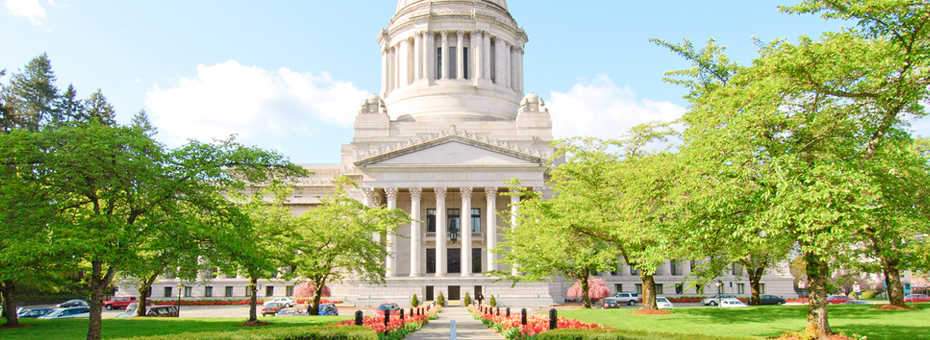Since 2012 in Washington state, we’ve developed learning partnerships with lean experts and practitioners from outside state government. In this case, a partnership means these experts volunteer their time. No contracts, no money exchanged.
Through our “Lean Expert Partnership Program” in the last 18 months Washington state has received more than 2,000 hours of advice, classroom training, coaching, and/or facility tours from 132 experts representing 51 organizations. These experts have helped hundreds of leaders and employees in nearly 30 state agencies learn about Lean and make improvements to state government processes. This has included eliminating or dramatically reducing backlogs (for example, in water rights permits); reducing lead times and decreasing process complexity (in state patrol pursuit vehicle conversions); and improving the quality of applications and the consistency of reviews or inspections (in certification of minority and women-owned small business).
The purpose of the program is to help state agencies build capacity, deliver more value and better services to citizens, and make public service a more enjoyable experience for employees. It also helps those of us in state government stay connected to what others in the lean community are learning in order to avoid common mistakes and stay informed about innovative approaches.
Why do lean experts volunteer their time? When I’ve spoken with people, most say they simply value giving back to the community. Volunteering their knowledge and expertise feels no different to them than giving time at a food bank or a throwing a fundraiser for a local nonprofit. Others have said, “Helping the state improve just makes sense for everyone.” It’s good for citizens, sure, but it’s also great for business. In post-activity “lessons learned” reflection sessions, our lean coaches have shared how volunteering their time is more than worth it when they think about how they can develop their own skills by applying them in new and different industries. For these reasons, partners have absorbed the cost of the services they provide to state government agencies or employees in the spirit of simply helping Washington state move forward on its lean transformation journey.
Most people are familiar with lean applications and experiments in healthcare and finance, but the 51 organizations Washington has partnered with to date represent a wide range of industries, including everything from the airlines to education, military agencies to nonprofits and communications groups.
When I reflect on the success of the program thus far, the secret to effective lean transformations may just be asking for help. Sure, some of the potential partners we have contacted have not been ready or interested in partnering, and not all offers from lean experts and practitioners have been accepted, but patience and persistence have paid off. The lean community is a vibrant network of passionate and generous professionals. From Washington state government’s perspective, we see no end to the partnership program in sight.
For state and local governments that are interested in going lean (or continuing/enhancing their lean learning efforts), a good way to start is to talk with the technical experts in your local National Institute of Standards and Technology (NIST) Hollings Manufacturing Extension Partnership (MEP) chapter. This national organization has members in every state.



